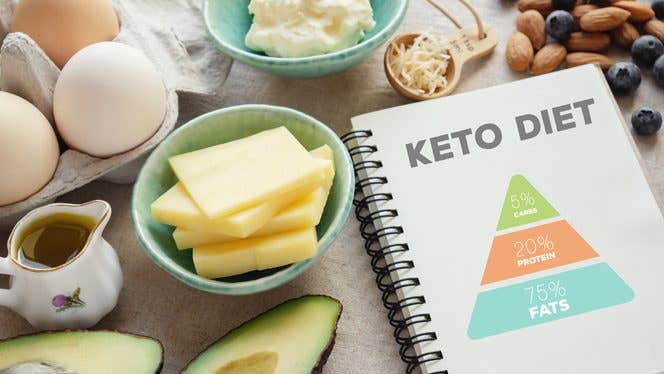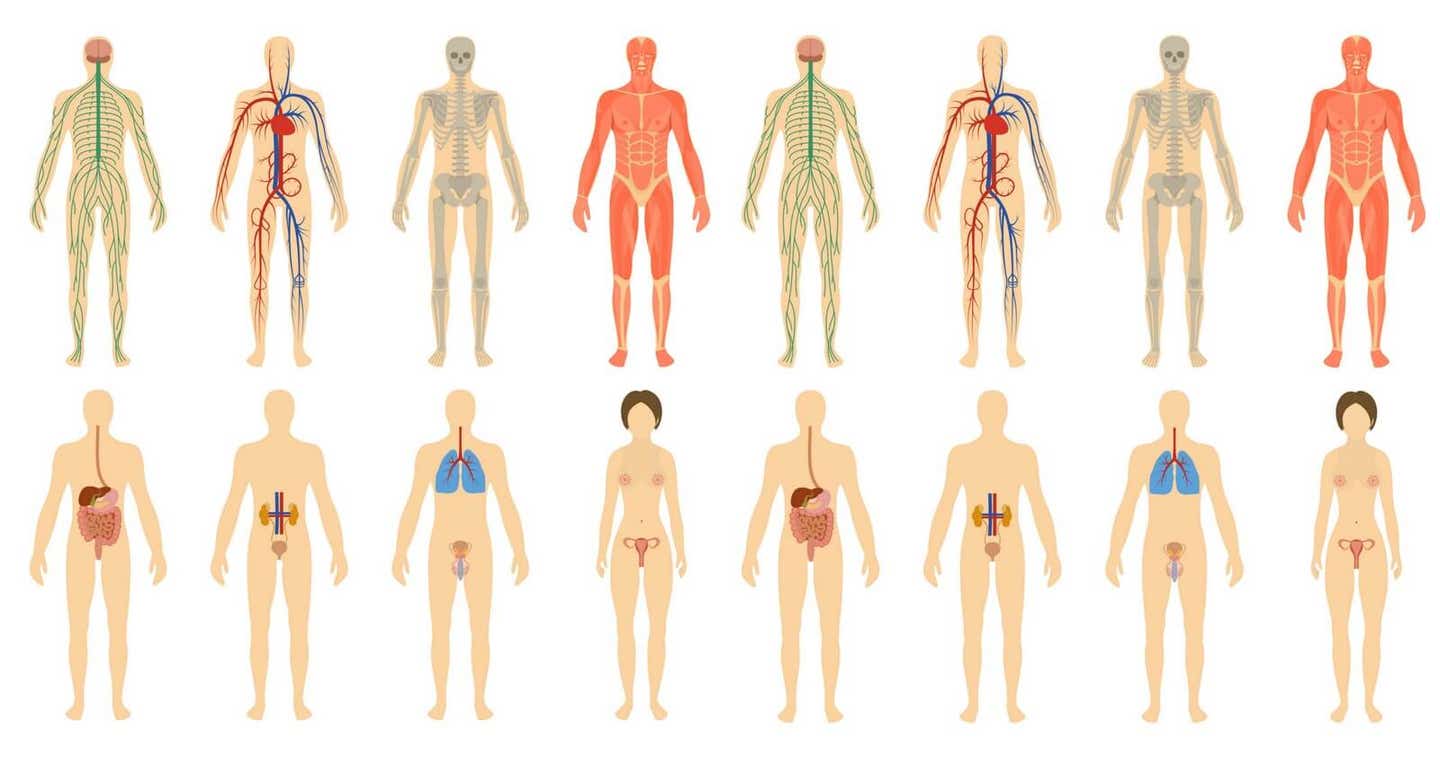Consuming excessive amounts of protein may lower testosterone levels in men, new research suggests.
In a meta-study published in the March 2022 issue of Nutrition and Health, nutritionists at the University of Worcester in the U.K. conducted a statistical analysis of 27 interventional studies to assess how low-carb and high-protein diets might impact testosterone. They also looked at the impact that such diets might have on the stress hormone cortisol, because levels of the two hormones are closely linked, with higher cortisol indicating lower testosterone and vice versa.
A total of 309 healthy adult males participated in the 27 studies included in this meta-analysis.
The specific focuses of the studies varied, but all measured participants’ testosterone and/or cortisol levels, and all assigned participants to low-carb and high-carb diets. In some studies, the low-carb groups ate high amounts of protein (defined here as 35 percent or more of total calories); in others, the low-carb groups ate moderate amounts of protein.
In pooling the data, they identified a notable trend among participants assigned to high-protein, low-carb diets: Their testosterone levels decreased by about 17 percent on average.
Additionally, they found that resting and post-exercise cortisol levels increased during the first three weeks on a low-carbohydrate diet. Beyond that period, resting cortisol rates returned to baseline, but post-exercise cortisol remained elevated.
Joseph Whittaker, MSc, who led the study, says the findings fit within a still-developing picture of the effects of excessive protein consumption. “The long-term effects of very high-protein diets are largely unknown, but what data we have strongly suggests going above 35 percent protein leads to all sorts of nasty effects,” says Whittaker. “Our study adds low testosterone to this list.”
“Bodybuilders and weightlifters are most at risk of excessive protein intakes, along with those on extreme weight-loss diets,” says Whittaker, noting that the average person consumes around 17 percent of calories from protein—a much lower proportion than the 35-percent amount examined in the study.
Low-carbohydrate, high-protein diets have gained popularity in recent years because of their ability to promote weight loss. However, research suggests that these diets may have serious drawbacks in the long term, including an increased risk of chronic kidney disease, elevated cholesterol, and all-cause mortality.
To learn more about a whole-food, plant-based diet, visit our Plant-Based Primer. For meal-planning support, check out Forks Meal Planner, FOK’s easy weekly meal-planning tool to keep you on a healthy plant-based path.

Related News
Get Our Best Price On The Forks Meal Planner

Forks Meal Planner takes the guess work out of making nutritious meals the whole family will enjoy.
SAVE $200 ON OUR ULTIMATE COURSE

Join our best-selling course at a new lower price!



